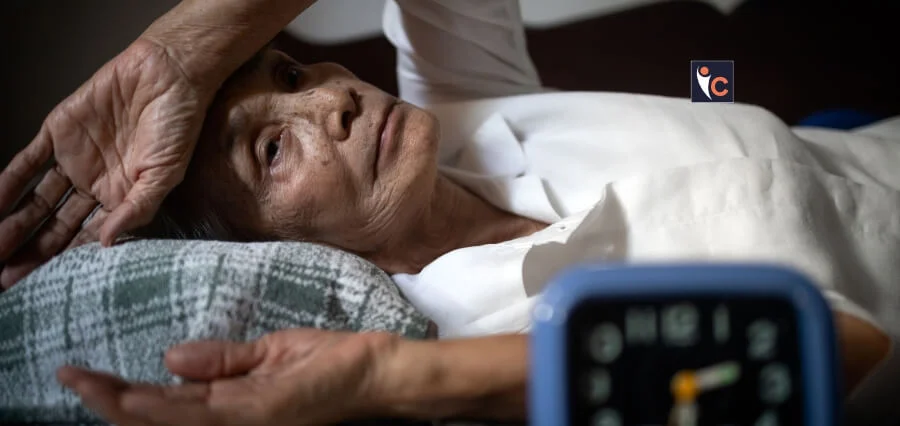THE RESULT OF MISSING A NIGHT OF SLEEP
In the screen - lit of modern life, sleep is expendable. There are television shows to binge - watch, emails to answer, homework to finish, social media posts to scroll through. We'll catch up on shut - eye later, so the thinking goes - right after we click down one last digital rabbit hole. Preschoolers who skip naps are worse at a memory game than those who snooze, even after the children "catch up" on sleep the next night. Poor sleep may increase the risk of Alzheimer's, as even a single night of sleep deprivation boosts brain levels of the proteins that form toxic clumps in Alzheimer's patients. All - nighters push anxiety to clinical levels, and even modest sleep reductions are linked to increased feelings of social isolation and loneliness.
When you fall asleep, several foolish things happen - You're not finding food, not finding someone to talk to. Worse still, you're vulnerable to predation. Sleep problems have long been recongnised as a symptom of psychiatric and neurological disorders, including depression and Alzheimer's.
Insomnia, for example, is both a risk factor for depression and a complaint of people with depression. Older people with sleep problems are more likely to develop pain, and vice - versa.
While interest in sleep is soaring, many researchers worry that the risks of too little sleep still are not taken seriously. Doctors routinely measure blood pressure and weight, but not many ask patients how they are sleeping. It's the need of the hour for doctors to take sleep also into great consideration. Doctors more often do need to ask patients on their sleep routines..
If you are lacking sleep, the unpleasant side effects of sleep deprivation will catch up to you at some point. Some of the common short - term effects of sleep deprivation include:
1. Daytime fatigue and sleepiness
2. Difficulty concentrating
3. Poor memory
4. Weakened immune system
5. Mood swings and irritability
6. Increased appetite
7. Diminished coordination and decision - making skills
While sleep may be low on our priority list, it's crucial to leading a healthy life. Skipping sleep to make more time for work or extra social activities may seem more advantageous to you at the moment, but at the end of the day, sacrificing sleep impacts your mental, physical and overall health.
I hope this article has given you a greater insight into what happens when you're entering your 24th hour without sleep. To get better rest and improve your bedtime habits, I would strongly recommend sticking to a fixed schedule and improving time management skills to ensure you're always getting a full 8 hours...

When you fall asleep, several foolish things happen - You're not finding food, not finding someone to talk to. Worse still, you're vulnerable to predation. Sleep problems have long been recongnised as a symptom of psychiatric and neurological disorders, including depression and Alzheimer's.
Insomnia, for example, is both a risk factor for depression and a complaint of people with depression. Older people with sleep problems are more likely to develop pain, and vice - versa.
While interest in sleep is soaring, many researchers worry that the risks of too little sleep still are not taken seriously. Doctors routinely measure blood pressure and weight, but not many ask patients how they are sleeping. It's the need of the hour for doctors to take sleep also into great consideration. Doctors more often do need to ask patients on their sleep routines..
If you are lacking sleep, the unpleasant side effects of sleep deprivation will catch up to you at some point. Some of the common short - term effects of sleep deprivation include:
1. Daytime fatigue and sleepiness
2. Difficulty concentrating
3. Poor memory
4. Weakened immune system
5. Mood swings and irritability
6. Increased appetite
7. Diminished coordination and decision - making skills
While sleep may be low on our priority list, it's crucial to leading a healthy life. Skipping sleep to make more time for work or extra social activities may seem more advantageous to you at the moment, but at the end of the day, sacrificing sleep impacts your mental, physical and overall health.
I hope this article has given you a greater insight into what happens when you're entering your 24th hour without sleep. To get better rest and improve your bedtime habits, I would strongly recommend sticking to a fixed schedule and improving time management skills to ensure you're always getting a full 8 hours...



Comments
Post a Comment